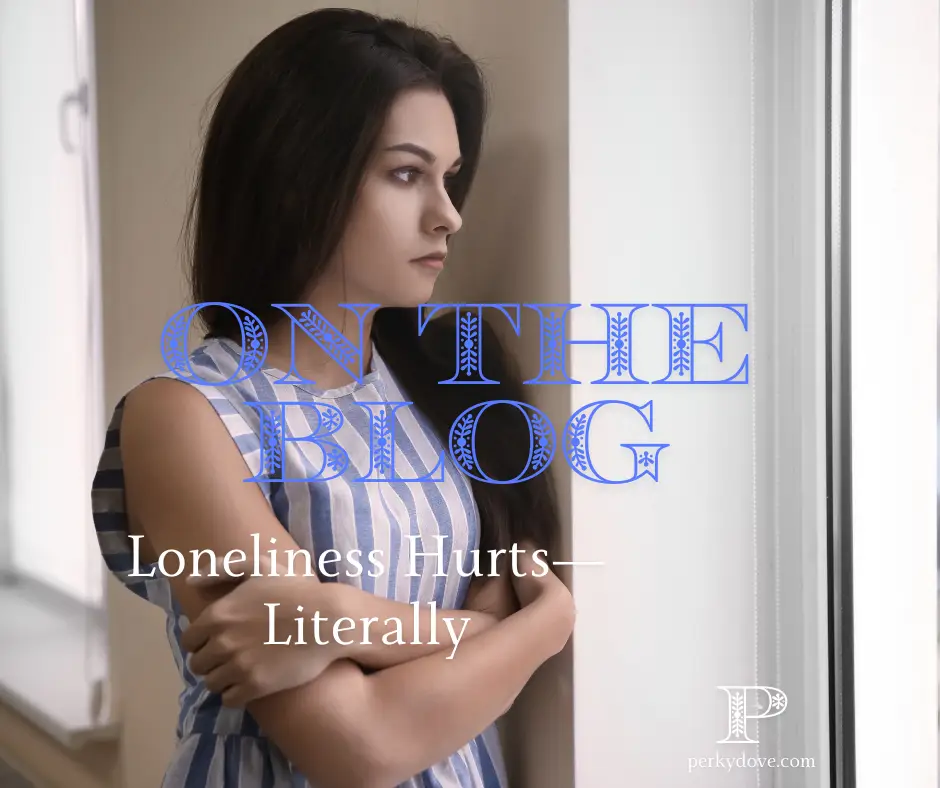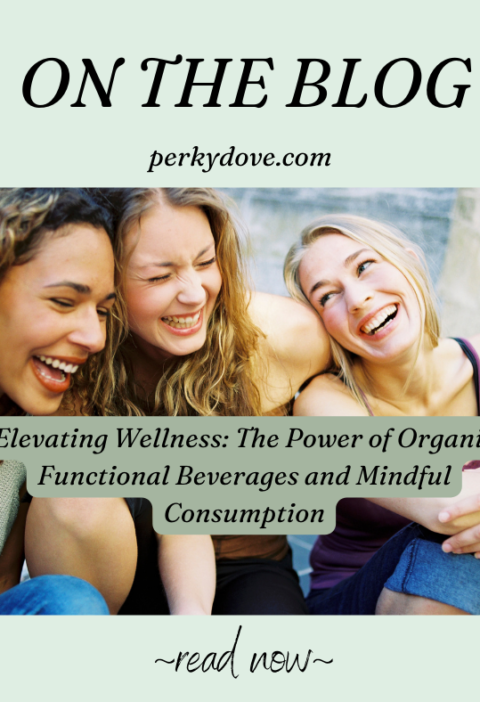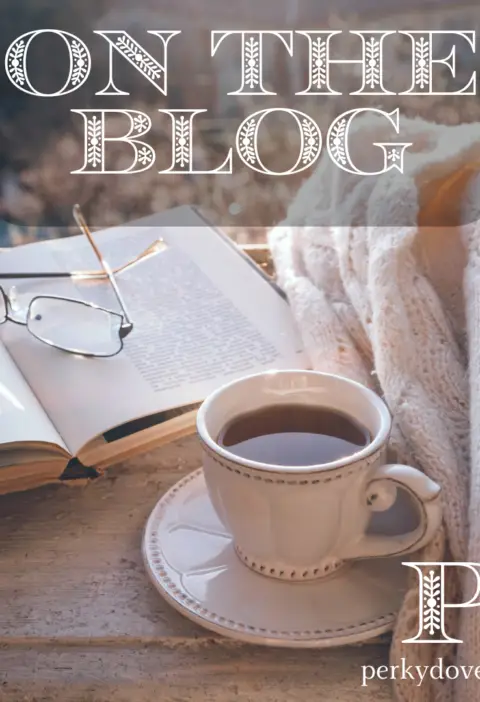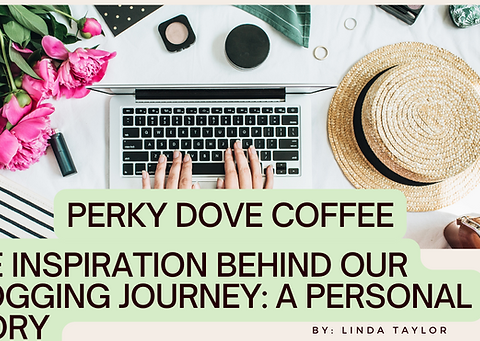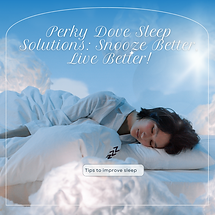We’ve all felt lonely at times, but did you know that loneliness actually affects the brain the same way physical pain does? Studies show that when we experience social isolation, our brains activate the same neural pathways as when we’re physically injured. It’s like your brain is saying, “This isn’t just uncomfortable—it’s harmful.”
This explains why loneliness can feel so overwhelming and why it has such a profound impact on mental health. It’s not just an emotional experience; it’s a biological one. Prolonged loneliness can lead to increased stress, anxiety, and even physical health problems. That’s why meaningful connections with others are crucial—they act as a buffer, protecting us from the negative effects of social isolation.
The good news is, even small social interactions can make a difference. Reaching out to a friend, engaging in a hobby with others, or simply striking up a conversation with someone new can help ease those feelings of isolation. Our brains are wired for connection, and making an effort to nurture those connections can be one of the best things you do for your mental health.
Johann Hari is the New York Times best-selling author of 'Chasing The Scream: The First and Last Days of the War on Drugs', and one of the top-rated TED talkers of all time.
We’ve all felt lonely at some point in our lives, but did you know that loneliness actually affects your brain in a way similar to physical pain? It’s true. When we experience social isolation, our brain activates the same neural pathways that are triggered when we’re physically hurt. So, that heartache you feel when you’re disconnected from others isn’t just in your head—it’s a real, biological response.
The Science of Loneliness
Researchers have discovered that loneliness doesn’t just “feel bad” emotionally—it affects the brain on a deeper level. When we’re socially isolated, the brain’s response is like a red flag, signaling that something’s wrong, much like how it reacts to injury. This explains why prolonged loneliness can lead to serious mental health problems like depression and anxiety. It’s not just a fleeting emotion; it’s a warning sign from your body that meaningful connection is missing.
Why Meaningful Connections Matter
Humans are social creatures. From an evolutionary standpoint, staying connected with others was essential for survival. Our brains evolved to depend on social interaction, making meaningful relationships not just nice to have—but crucial for our well-being.
Meaningful connections act like a buffer against the effects of loneliness. They help reduce stress, boost happiness, and even improve physical health. In fact, studies have shown that people with strong social networks are more likely to live longer, healthier lives. This is why small social interactions—like having coffee with a friend or even a friendly chat with a neighbor—can have such a positive effect on how we feel.
For Meditation, Relaxation and Sleep - Nature's Perfect White Noise
Breaking the Cycle of Loneliness
The tricky thing about loneliness is that it often leads to a cycle of withdrawal. The more disconnected we feel, the harder it becomes to reach out. But breaking that cycle starts with small steps. Even if it feels uncomfortable at first, reaching out for connection is key to improving your mental and emotional health.
Here are a few ways to break free from isolation:
- Start small: Send a text, make a call, or join an online group. Even small interactions can begin to rebuild connections.
- Get involved: Join a club, a hobby group, or volunteer. Shared activities are a great way to meet new people and foster a sense of belonging.
- Open up: Don’t be afraid to share your feelings of loneliness with someone close to you. Vulnerability can actually strengthen relationships and make others feel more comfortable sharing their own struggles.
Reframing Loneliness as an Opportunity
Though loneliness can be painful, it also presents an opportunity for self-reflection. It’s a signal from your mind and body that something needs to change. By reframing it this way, you can take control and use loneliness as a chance to reconnect—with yourself and others. Building meaningful relationships takes time and effort, but it’s worth it, both for your mental health and your overall happiness.
Final Thoughts
Loneliness isn’t just about feeling sad or disconnected. It’s a powerful force that can impact your brain and body in profound ways. But the beauty of it is that, as humans, we’re wired for connection. Small steps toward rebuilding those connections can break the cycle and improve not only our mental health but our lives as a whole.
Feeling Disconnected? You’re Not Alone.
Loneliness is tough, but taking small steps can make a big difference. Whether it's reaching out to a friend or joining a community, you have the power to rebuild those connections. Start today—sign up for my newsletter for more tips on mental wellness, relationships, and living a more connected life. Let’s take this journey together.
Sign Up for Our FREE Newsletter Today